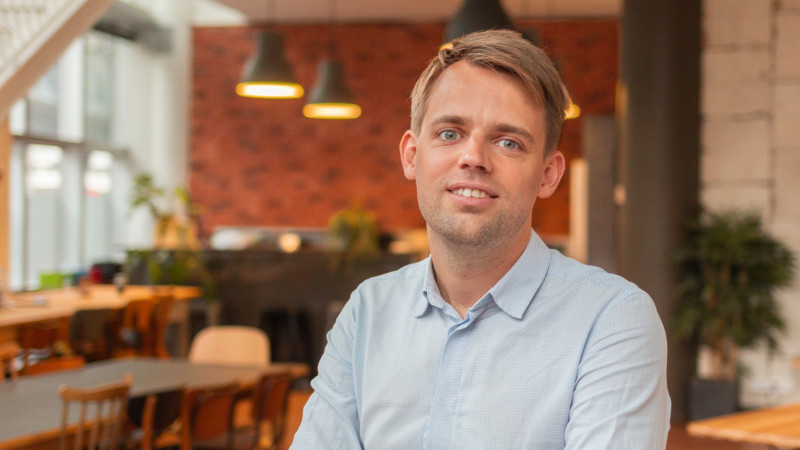- Iterate
- Meet The Team
- How Two French Entrepreneurs Brought Home Insurance Into the 21st Century
How Two French Entrepreneurs Brought Home Insurance Into the 21st Century
Table of contents
Looking at its historic incumbents, insurance might not appear the most exciting industry to launch a new business in. But that didn't scare Luko co-founders Raphaël Vullierme and Benoît Bourdel, quite the contrary. Exhilarated by the opportunity to redefine the insurance landscape, starting with home insurance, the two entrepreneurs have a bold vision when it comes to their startup journey: to make people's homes safer and greener.
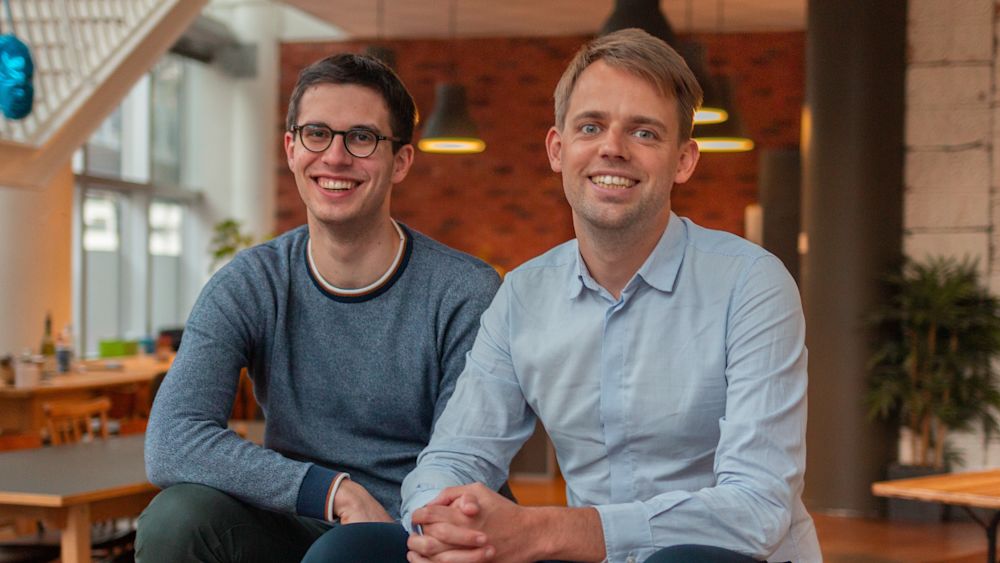
A serial entrepreneur
Consumers have a lot of frustrations with insurance companies. While other industries have slowly but surely embraced digitalization, the insurance market has vegetated for the last two decades, making it easy prey for tech-savvy entrepreneurial minds.
As of the end of 2019, a total of 868 insurance companies were based in France, making it the leading market in Europe. While home insurance in France remains optional for landlords, it is mandatory for tenants, though every stage of the insurance experience is still cumbersome. From finding the right insurance at the right price to subscribing and then dealing with claims and customer service, everything feels outdated and over-complex, especially for younger generations used to immediacy and slick interfaces.
Luko intends to change the status quo, starting with home insurance. Not only does it take less than three minutes to subscribe to its insurance, but every step has actual intelligible texts that make the whole process feel smoother, and also safer.
CEO Raphaël Vullierme, the son of two public servants and the grandson of farmers and small business owners, got exposed to the entrepreneurship mindset through scouts. "I learned with scouts that if you take initiative and undertake projects, things start to become exciting," the entrepreneur explained. “I realized early on I wanted to do interesting things and commit myself."
An engineer by training, Vullierme joined the renowned business school HEC’s innovation and entrepreneurship master’s program and eventually launched a vertically integrated food delivery service à la Spoon Rocket in 2014 as part of the program. While the first venture didn't work out due to different visions between him and his co-founder, it led him to join Rocket Internet to manage a similar food business. There, he launched Eat First in London and Berlin, and left the company after a year to join the French startup OpenJet as CEO.
At that time, OpenJet had already launched its private jet booking service, mostly between Paris and New York, but needed to grow its revenues. As the newly appointed CEO, Vullierme raised 2€ million and built teams in France and the U.S. but eventually left the company, which he alleged was mismanaging its finances. After a lawsuit against the company, the entrepreneur had enough runway to live for a year and fund what would later on become Luko.
"We learned hardware is hell"
CTO Bourdel's goal for his research master’s was to be able to use prediction models to match green energy production from wind turbines and solar panels with demand depending on the hour of the day and the season. As part of his project, Bourdel created a small device to put on home electric meters to monitor and predict one's consumption. The end goal was to provide users with relevant information and advice to help them reduce their energy bill and footprint. While the business of selling hardware wasn't attractive to Vullierme, the tech opportunity of making homes greener and safer through data felt attractive enough to launch.
Asked if they were afraid of getting into a highly legally framed market, CEO Vullierme said that although the reglementary entry barrier was heavy, he had learned through his previous experiences that the constraint made the market more interesting to crack. He added the fact that few had tried to take over the industry that has remained passively in the hands of historic players who had done little to answer clients' frustrations, “got us more excited than scared.”
Selling hardware appeared to be the most relevant first step to get into homes and grab data. The CEO shared that the startup has equipped almost 10,000 homes with Luko Home Guardian, a refined version of Bourdel's electric meter device that can automatically detect all the electric devices used at home to know how and when they consume energy.
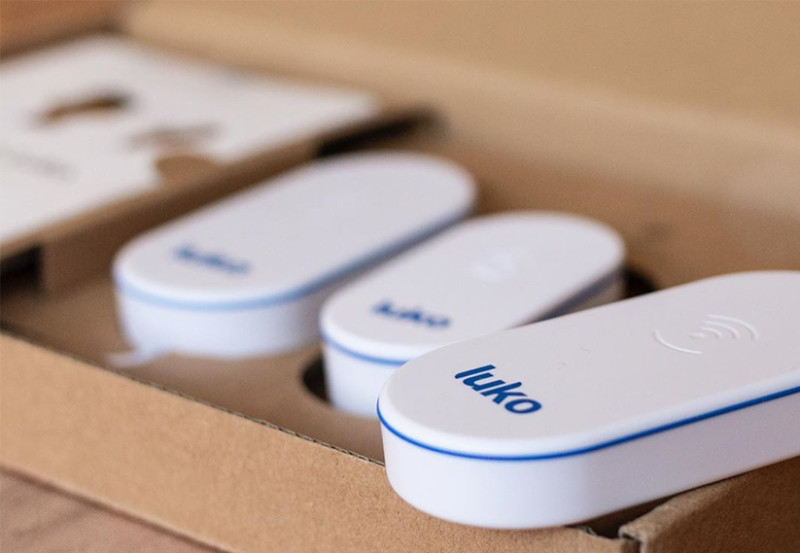
In reality, manufacturing hardware quickly became a challenge. "We realized iteration time in hardware takes six months versus two days for software," Vullierme said. To investors, consumer electronics wasn't an attractive business because it was excessively capital-intensive, he added. Ultimately, hardware development was not only challenging the team, it was slowing it down and jeopardizing the business. The team spent one year working on the insurance business model while selling the meters before cracking the insurance code. The team finally decided to switch to the insurance opportunity to generate enough revenues, while still working on the hardware on the side.
The home insurance strategic pivot appeased investors' fears about Luko's hardware venture. With strong insurance numbers and a high NPS, the startup managed to raise a 2€ million Seed funding round in May 2018 by pitching its insurance product. But despite the pivot, the hardware chapter isn't closed. In fact, Vullierme shared that Luko would launch a new device at the end of the year to help renters and landlords prevent water damage. "70% of insurance costs are related to water damage, and we have designed a device, more complex than the electricity one, that helps monitor water consumption."
Making insurance processes intelligible and smooth
A five-person team officially launched the insurance product in May 2018 with a waiting list system that attracted 10,000 people. Luko's product appeal relied on a strong value proposition: two minutes to subscribe to home insurance, two hours to get reimbursed. Per its CEO’s admission, Luko's early adopters were massively digital-savvy startup employees from the Paris area.
"We spammed startup people with what wouldn't be GRPD-friendly today," the CEO explained. "But, in the end, customers were happy so positive word-of-mouth led us to reach a broader market.” Today, “the average age of Luko’s insurance clients is 37 years old, and 40% of them live in rural areas, 40% in houses,” Vullierme disclosed.
"We didn't know anything about insurance so we designed our product based on what we, as consumers, would want," Vullierme said. Well explained insurance exclusions and limitations, intelligible wording, answers in less than one minute on the customer service chat are what makes subscribing to Luko so easy and fast.
The step-by-step process to signal damage is also very simple, a compelling feature that could explain the word of mouth. Customers only have to open the Luko mobile app and take a short video to explain and show what happened. Depending on the gravity of the issue, Luko can refer an expert to do the first assessment through a video call, and once the origin of the issue is determined either the startup offers cash for clients to buy what's necessary to do the repair or it sends a professional.
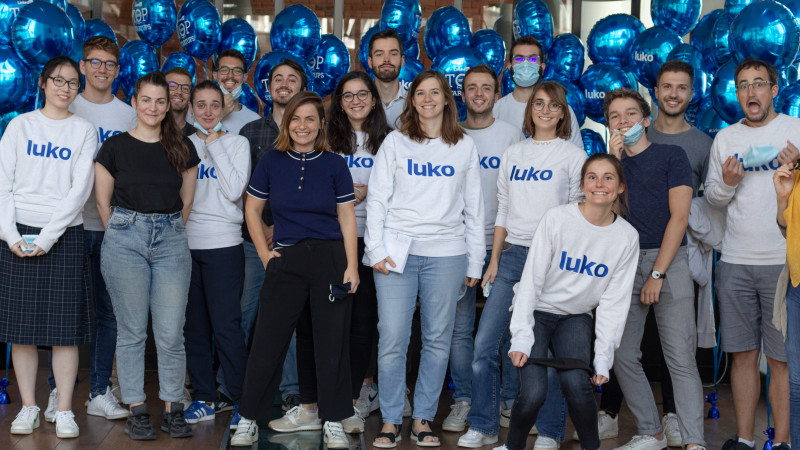
"The hardest part was to scale operationally claim management while delivering the same stellar experience to all our customers," Vullierme explained. “The real issue is that there's a lack of confidence in plumbing, locksmithing, etc. It's hard to find professionals who do great work, at the right price and on time.”
With more than 150,000 clients as of today, it's now an impossible and actually unnecessary challenge to solve: Luko has grown a network of a thousand professionals to refer to its users depending on their issues. All repair people have to go through three intervention tests before being added to Luko’s network, and the company keeps track of the quality of their services with clients' feedback.
The pandemic’s effect: “I had to become a war-time CEO"
Early 2020, the pandemic outbreak and the first confinement in France hit the startup hard. "We were in hyper growth mode and suddenly everything stopped," the young entrepreneur recalled. "Because of confinement, people weren't allowed to move or visit apartments, yet people subscribe to home insurance when they move into a new home. I had to become a war-time CEO."
The Luko team had to figure out what to do to maintain its business and how to help its clients when it was either not allowed or very difficult to send repair workers. "We started organizing remote video calls with our experts and repairmen of our network to help our clients during confinement.” Soon enough, the startup realized that clients were not only in huge support of the easiness of the video call assistance service, but also happy to do some repairs themselves as long as they were provided with the shopping list and the relevant tutorials.
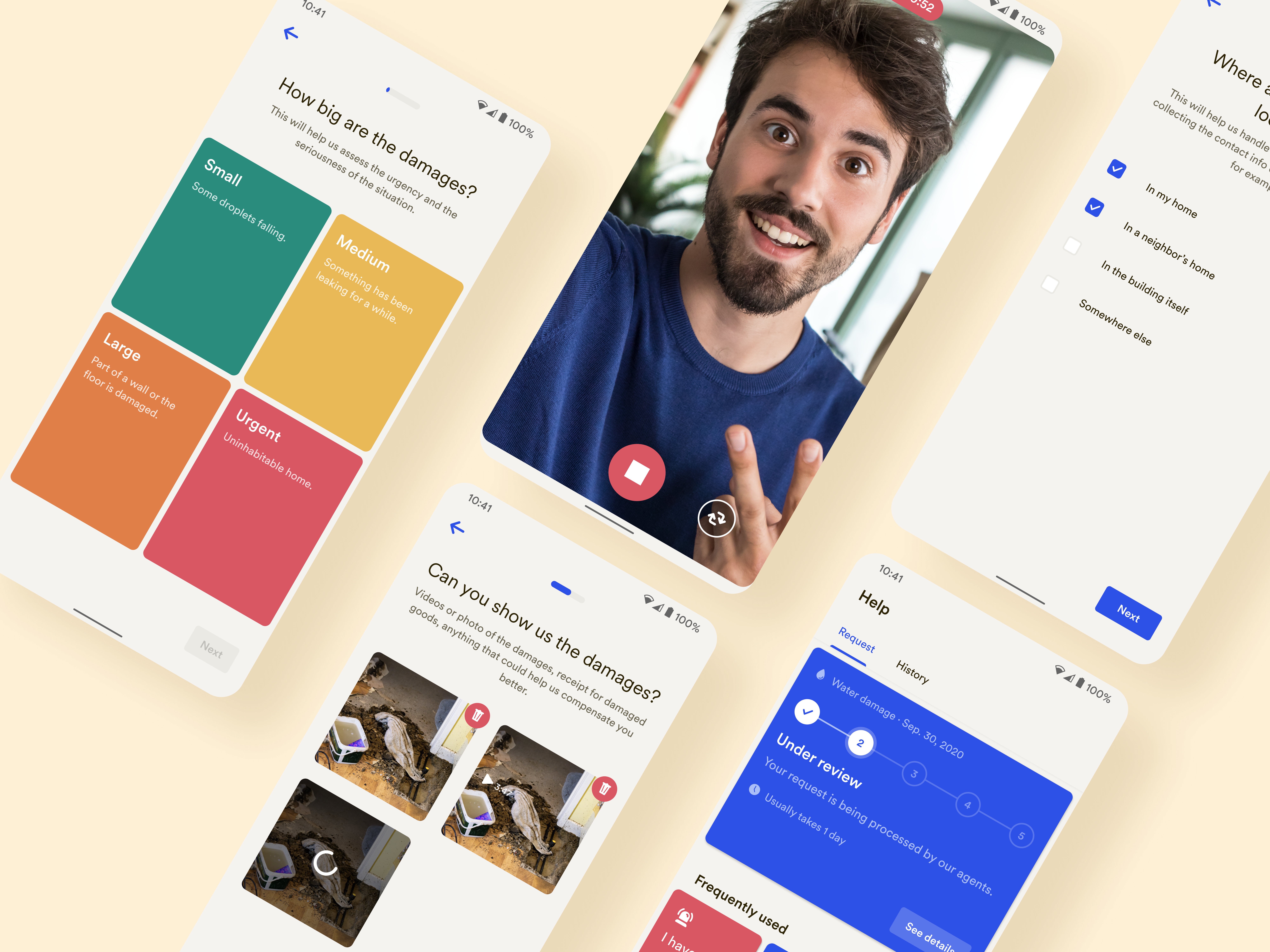
That’s how the team launched Dr. House, a home teleconsultation service to prevent common damages. Through a free 30-minute call with a Luko expert, each client gets to review a 10-item list to secure potential weaknesses in their homes or dig into one specific issue.
What is it like to reinvent oneself in the wake of a global pandemic? “You have to be humble and flexible, which is always harder to be said than done,” Vullierme said. With a work culture based on writing and asynchronous sync, the Luko team had already built strong foundations to face the remote working obligation. Today, 40% of the startup’s employees are working remotely and the team gathers at least once a quarter.
Despite the benefits of remote work, he said he didn’t want the company to make a full transition. "We have a strong culture and it's important for everyone to see each other regularly. Our team churn rate is very low, so far out of the 140 hirings ever done only one or two people left the company and it was before the end of their trial periods.”
Luko has big plans for its future in becoming the one-stop app for finding, insuring and taking care of one's home in France and abroad. Last May, it launched in Spain and, per Vullierme, the team will expand its presence to five other countries by the end of 2022. As it grows internationally, it will have to face the challenge of hiring local talent and designing specific strategies given that each country has its own particularities when it comes to insurance; in Spain, for example, renters don't have to take insurance, it's up to landlords to do it. “Sometimes, it might mean rebuilding the Luko product from scratch,” Vullierme said. Given how the Luko team has proven to be resourceful during hardships, it’s certainly prepared for new challenges.
Create your own free org chart today!
Show off your great team with a public org chart. Build a culture of recognition, get more exposure, attract new customers, and highlight existing talent to attract more great talent. Click here to get started for free today.
In this article


The ORG helps
you hire great
candidates
Free to use – try today
